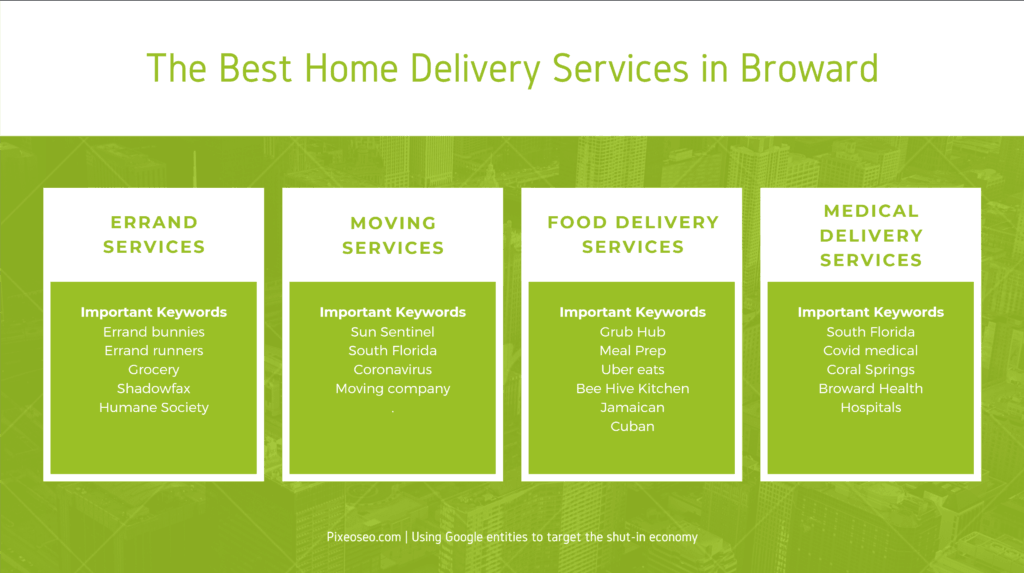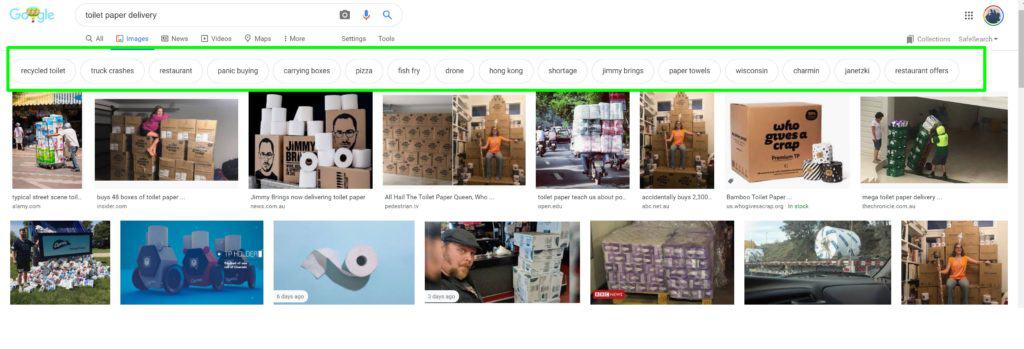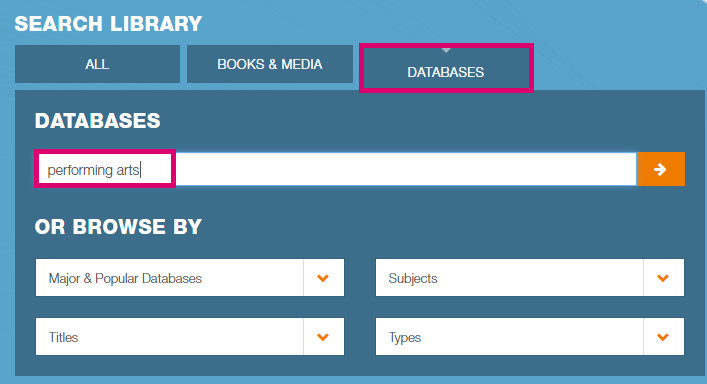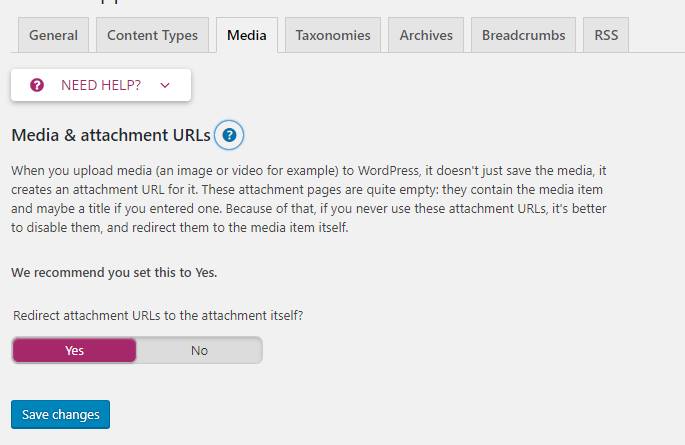The Shut-in economy before the coronavirus outbreak of 2020 was once considered a negative social term. However, with the importance of social distancing and staying indoors, it’s now a crucial time for business owners to sharpen their SEO strategies to adapt to the on-demand search climate.
How to Optimize Your SEO for the Shut-in Economy
Update your title pages to align with categories related to the current crisis
Ensure your pages are up-to-date and responsive on all devices
Use Google entities instead of long-tail keywords on your money pages
Make sure to take advantage of the Google Knowledge Graph and stay updated on the latest developments in Google Search
Researching the Market in the Shut-in Economy
If you’re just starting out in the product cycle, market research is essential. Consider finding a reputable affiliate network and reviewing the products you want to sell, as popular websites like Amazon and home service sites like Home Advisor often dominate the SEO searches for certain services. Additionally, focus on shopping online and local SEO strategies to reach local customers and improve your online listings.
The Significance of Google Entities in SEO Google entities, which are topics or keyword clusters related to your search, is a safe and effective strategy for optimizing your SEO in the shut-in economy. By incorporating these entities into your title tags and main content points, you can ensure your website is easily discoverable by potential customers and rank higher in organic search results.
Search Engine Cheat Sheet
Key Component | Definition | Benefits for SEO |
Google Knowledge Graph | A database that provides information about people, places, and things used by Google to enhance its search results. | Enhances the relevance of a website and its pages, providing accurate and relevant information to potential customers. |
Google Entities | Topics or keyword clusters related to a specific search. | Helps identify topics and keywords related to a specific search, making a website more discoverable by potential customers and improving its ranking in organic search results. |
Incorporating both the Google Knowledge Graph and entities into your SEO strategy can help ensure that your website is easily discoverable by potential customers, provides relevant and accurate information, and ranks higher in search results.
The relationship between Knowledge Graph and Entities
By understanding the relationship between the Google Knowledge Graph and entities, businesses can improve their SEO by incorporating these entities into their title tags and content. This helps to make their website more discoverable by potential customers and rank higher in organic search results. The Google Knowledge Graph provides information that can enhance the relevance of a website and its pages, while the entities help to identify topics and keywords related to a specific search.
The Google Knowledge Graph is a database that provides information about people, places, and things, and is used by Google to enhance its search results. The Knowledge Graph is interconnected with Google entities, which are topics or keyword clusters related to your search. By understanding the relationship between the Google Knowledge Graph and entities, you can ensure that your website is easily discoverable by potential customers and ranks higher in organic search results.
Clustering Relevant Topics on Your Website Using the entity strategy, make sure to link between relevant topic articles or pages on your site. For example, if your site is about delivery services in a specific county, you could create category pages based on the Google entities related to your target keyword.
Is Using Google Entities a Safe Long-term Strategy?
The answer is yes!
Google’s move towards entity clusters reflects its aim to quicken searches and provide the best answers to searchers. By researching your target keyword and incorporating the related entities into your title tags and content, you can improve your website’s discoverability and rank on search engines. Additionally, creating evergreen content and staying up-to-date with the latest developments in the knowledge panel will help ensure your business stays ahead of the curve in the new world of SEO.
In conclusion, optimizing your SEO strategy is crucial in the shut-in economy, as more people rely on online services and searches. By researching the market, using Google entities, and clustering relevant topics on your website, you can ensure your business stays ahead of the curve and is ready for the future.










